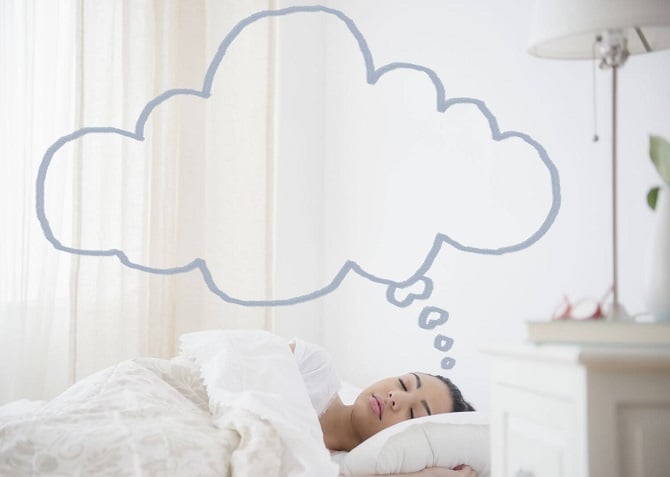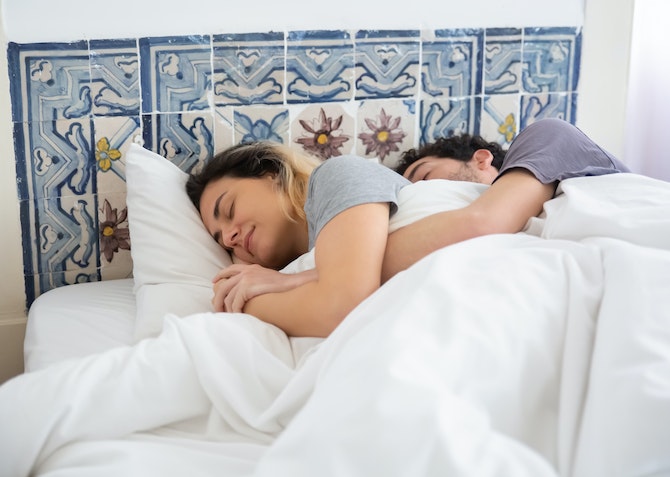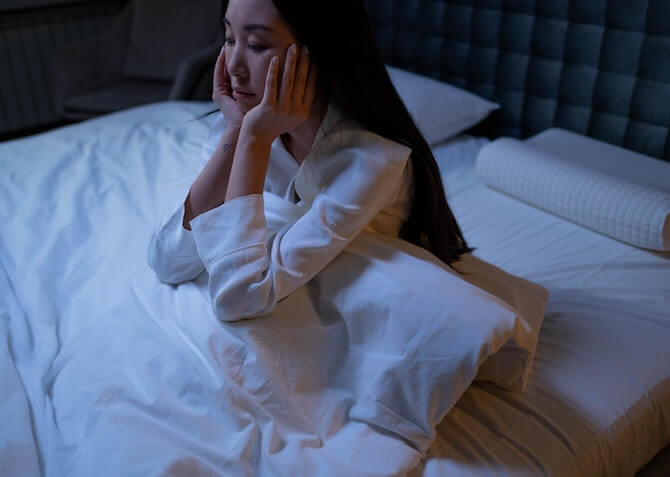
101 Crazy Sleep Facts You Might Not Know (Part 2)
Welcome back to part 2 of our list of 101 crazy sleep facts that you might not know! Missed the first part? Read here.
- The average person has about 4-7 dreams per night, although most are quickly forgotten upon waking up.
- The amount of sleep needed caries throughout a person's lifetime. Babies require up to 17 hours of sleep a day, while adults generally need 7-9 hours a night, and older adults may be able to function well with 6-7 hours.
- A study found that people who sleep on their left side tend to have more vivid and bizarre dreams compared to those who sleep on their right side.
- The temperature of your feet and hands can significantly affect how quickly you fall asleep. Warm feet and hands promote faster sleep onset.
- Certain smells, such as the scent of roses or lavender, can help promote relaxation and better sleep quality.
- A study found that people who sleep on their left side tend to have more vivid and bizarre dreams compared to those who sleep on their right side.
Your Sleep

Sleep Disorders
- The fear of sleep, known as "somniphobia," is a real condition that can be triggered by nightmares, sleep disorders, or traumatic experiences during sleep.
- Some people experience a condition called "sleep eating disorder" where they unknowingly eat during their sleep, often consuming unusual or inedible items.
- There is a rare sleep disorder called "sexsomnia" where individuals engage in sexual acts while asleep, without any recollection upon waking up.
Lacking Sleep

- Sleep deprivation has been used as a form of torture and interrogation method throughout history, as it can lead to hallucinations, confusion, and impaired cognitive function.
- The brain actively clears waste and toxins during sleep, including beta-amyloid plaques associated with Alzheimer's disease.
- Poor sleep can lead to weight gain, as it disrupts the balance of hormones that regulate hunger and satiety.
- The lack of decent sleep can impair immune function, making you more susceptible to infections and illnesses.
- Sleep deprivation can lead to increased sensitivity to pain, making existing pain conditions more intense and challenging to manage.
Napping
- It's possible to experience "microsleeps" during the day, where you briefly fall asleep for a few seconds or minutes without realising it. This can be dangerous, especially while driving or operating machinery.
- In some cultures, "siestas" or afternoon naps are a common practise to help combat the midday slump and improve productivity.
- Some cultures have traditional practises of sleeping in short bursts throughout the day, known as "polyphasic sleep," which allows for increased productivity and alertness.
These weird and wonderful facts about sleep remind us of the complexity and uniqueness of this essential aspect of our lives. Sleep continues to be an area of ongoing research and exploration, as scientists strive to unlock its mysteries and understand its profound impact on our health and well-being. Come back for part 3 soon!
Explore the hub
National Shakespeare Day - 23rd April
National Shakespeare Day on the 23rd of April is considered to be Shakespeare's birthday. What do you think he would say about sleep if he worked for Dormeo?
Can better sleep boost your immune system?
Boosting your immune system with better sleep!
What Are Chronotypes?
Learn about chronotypes: your body's internal clock determining when you're most alert or sleepy.









Leave a Reply